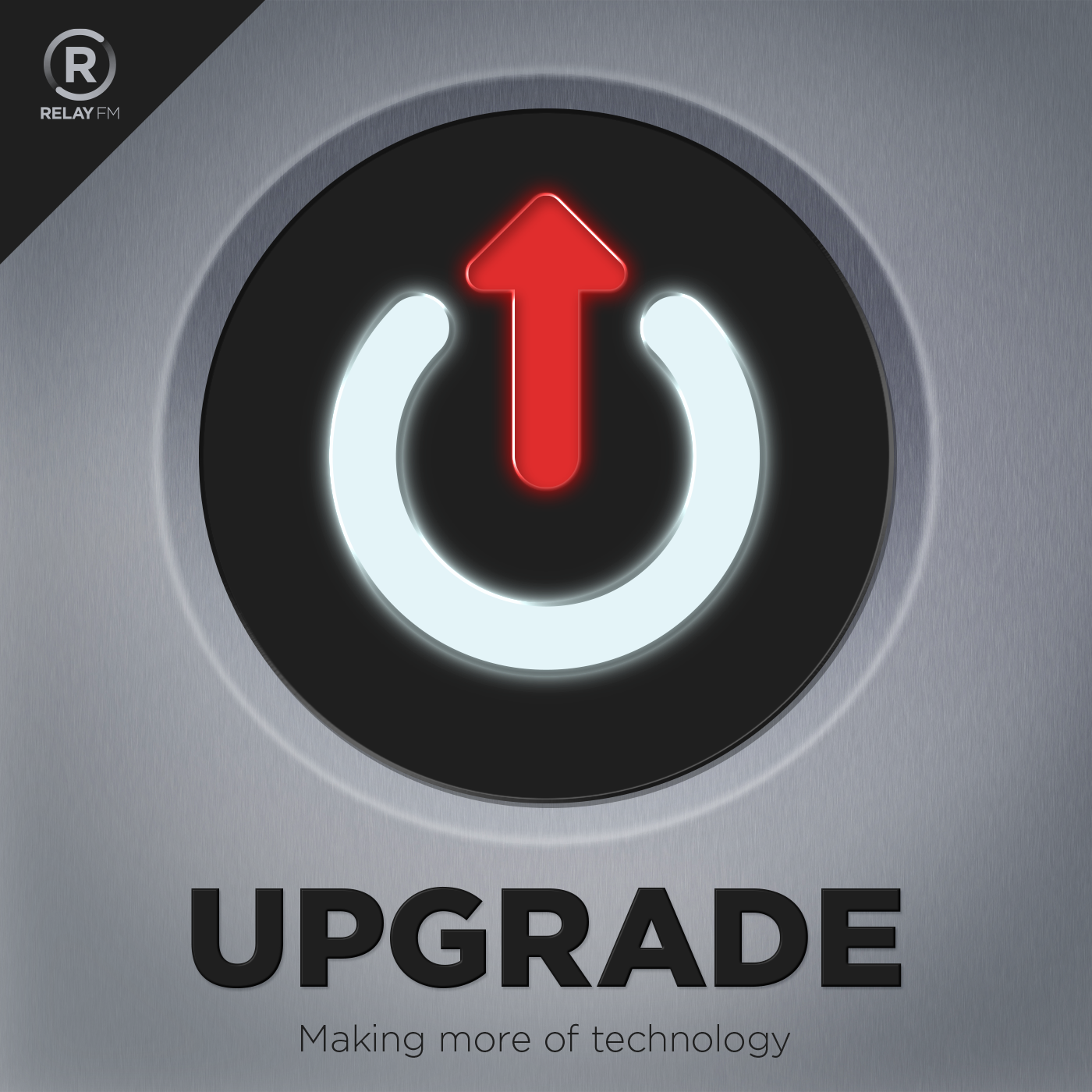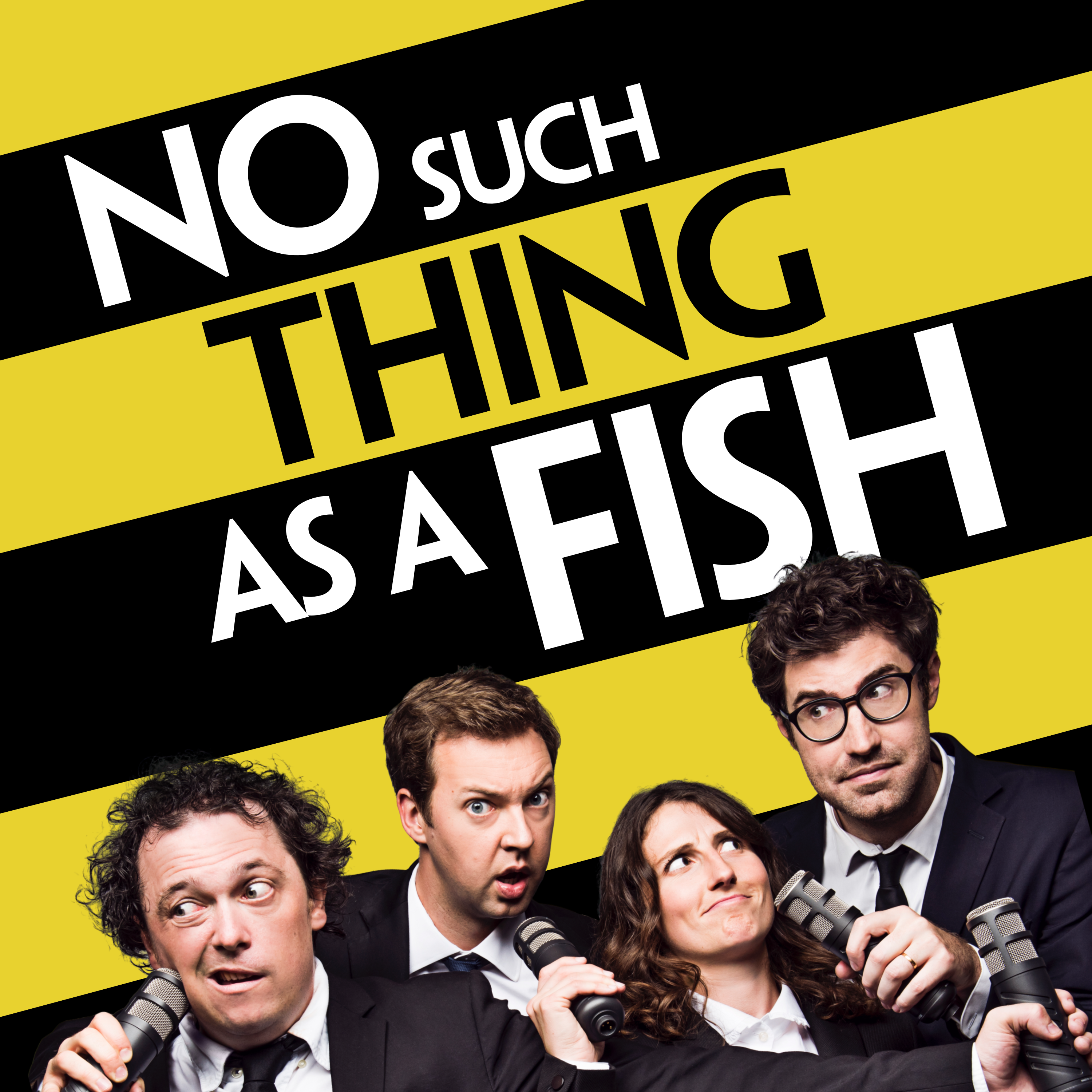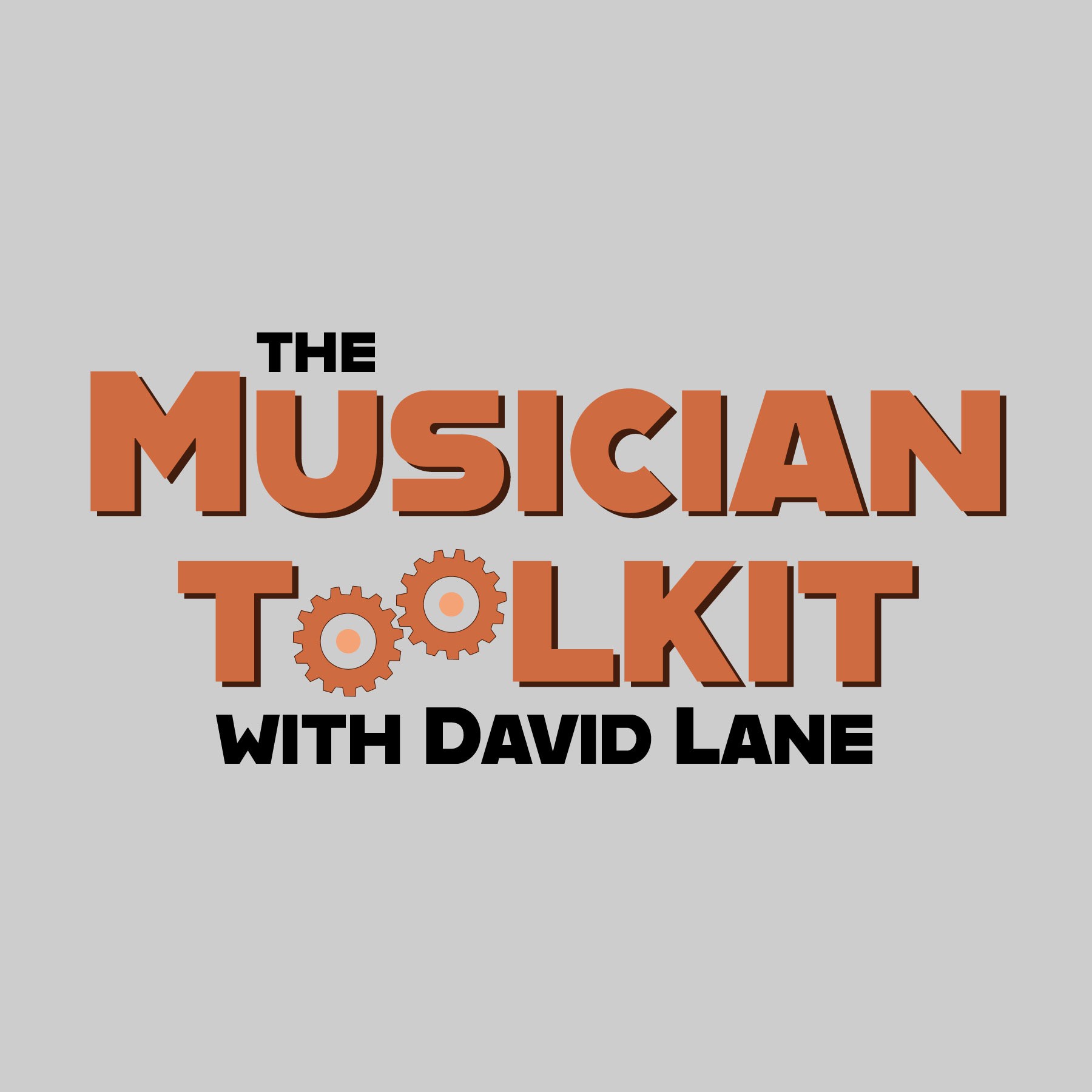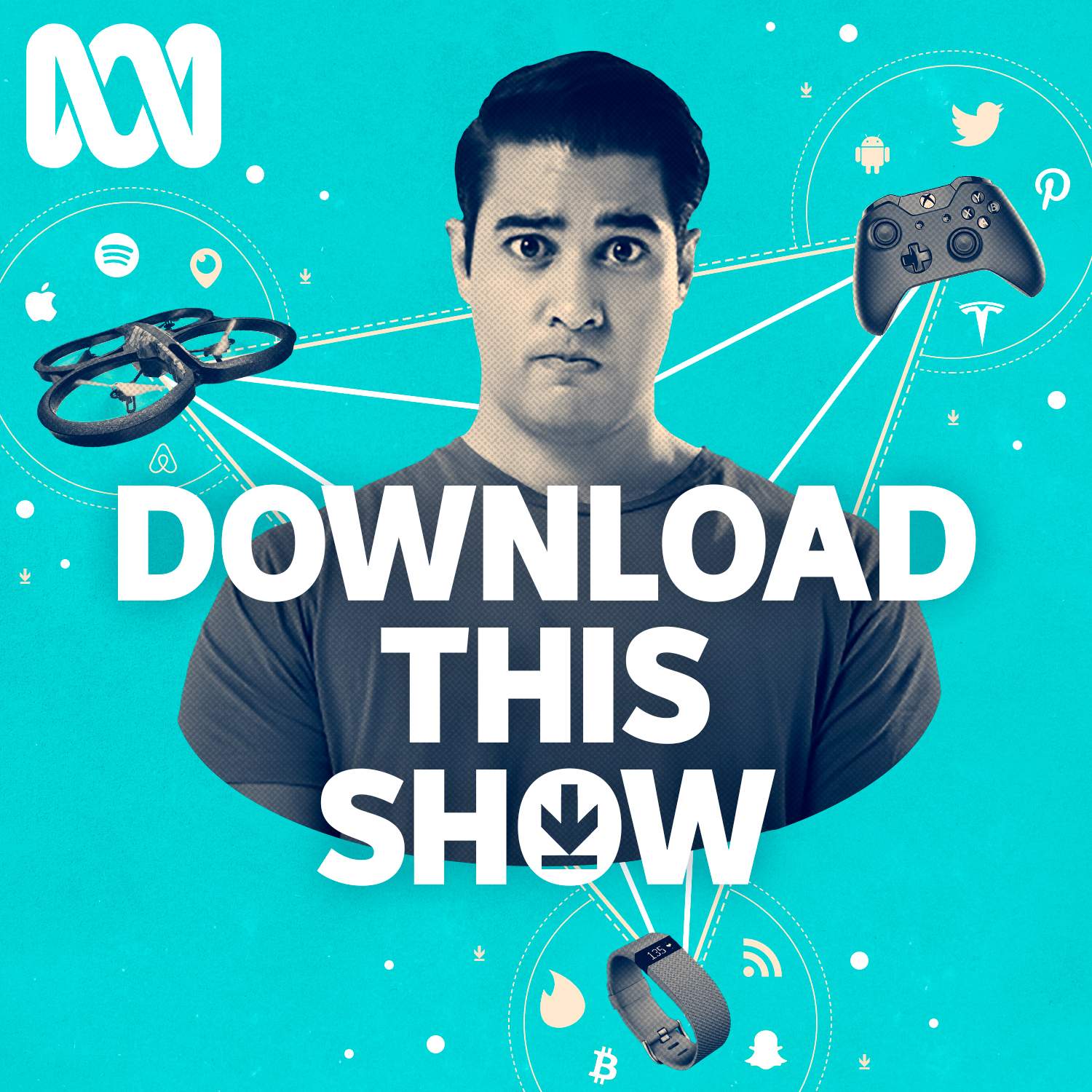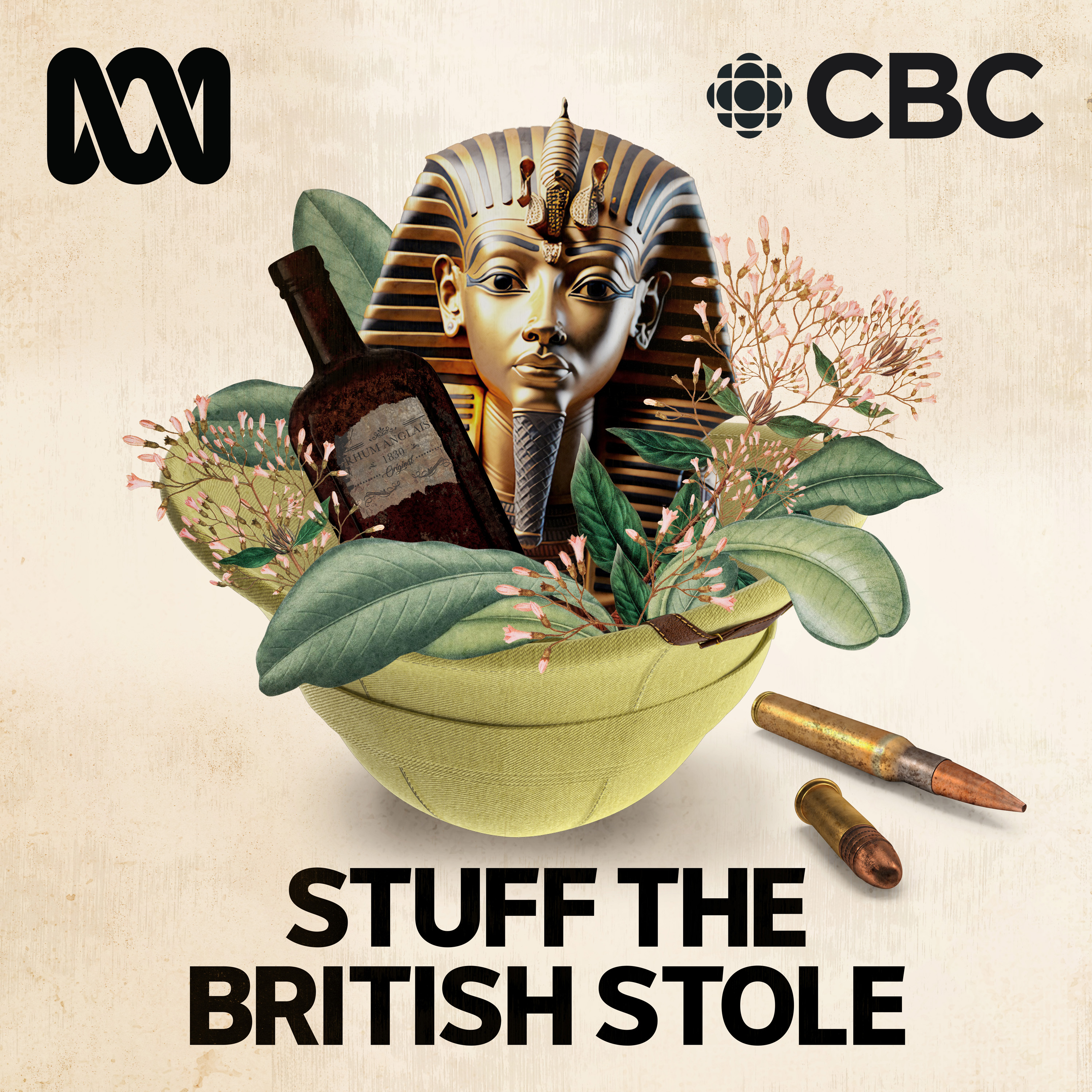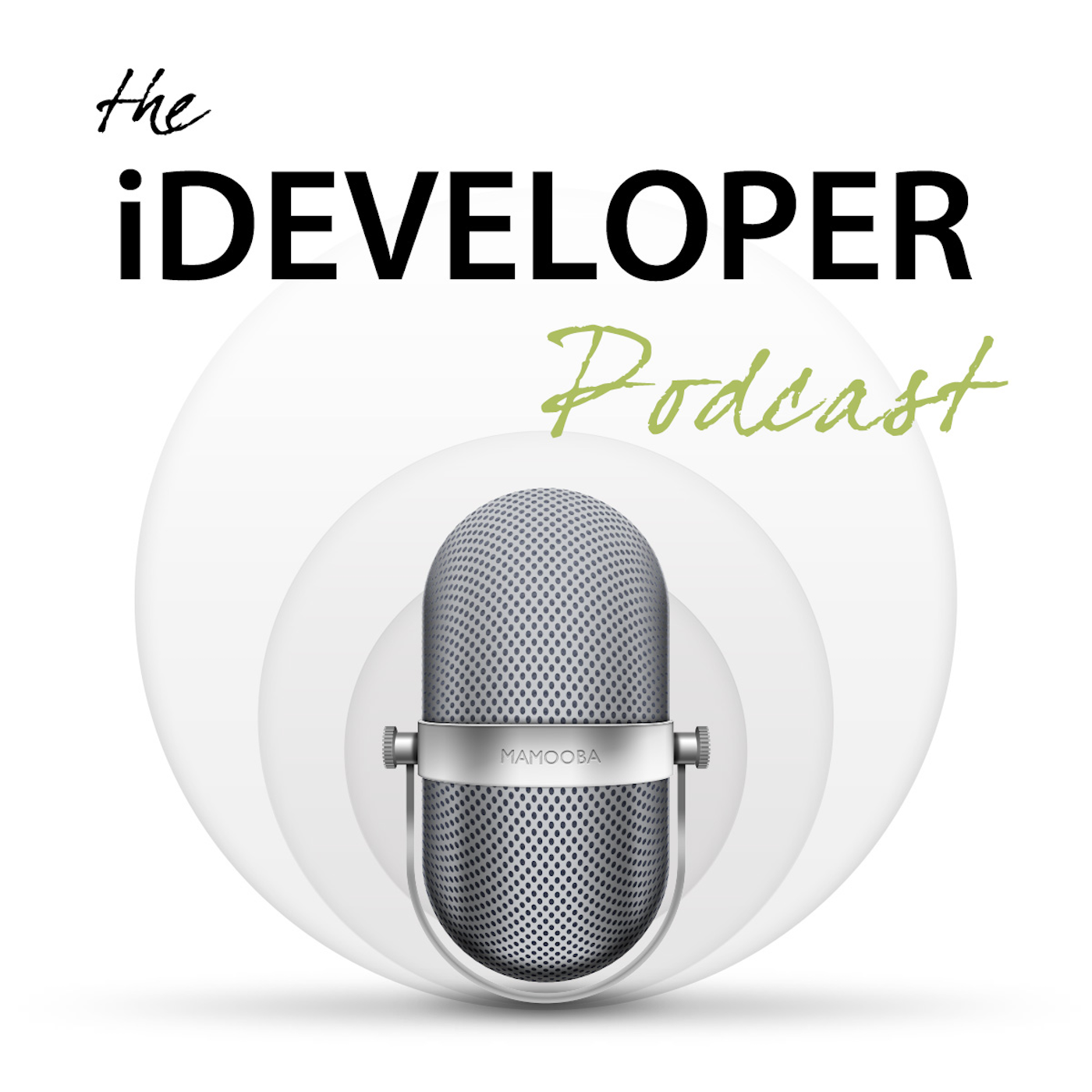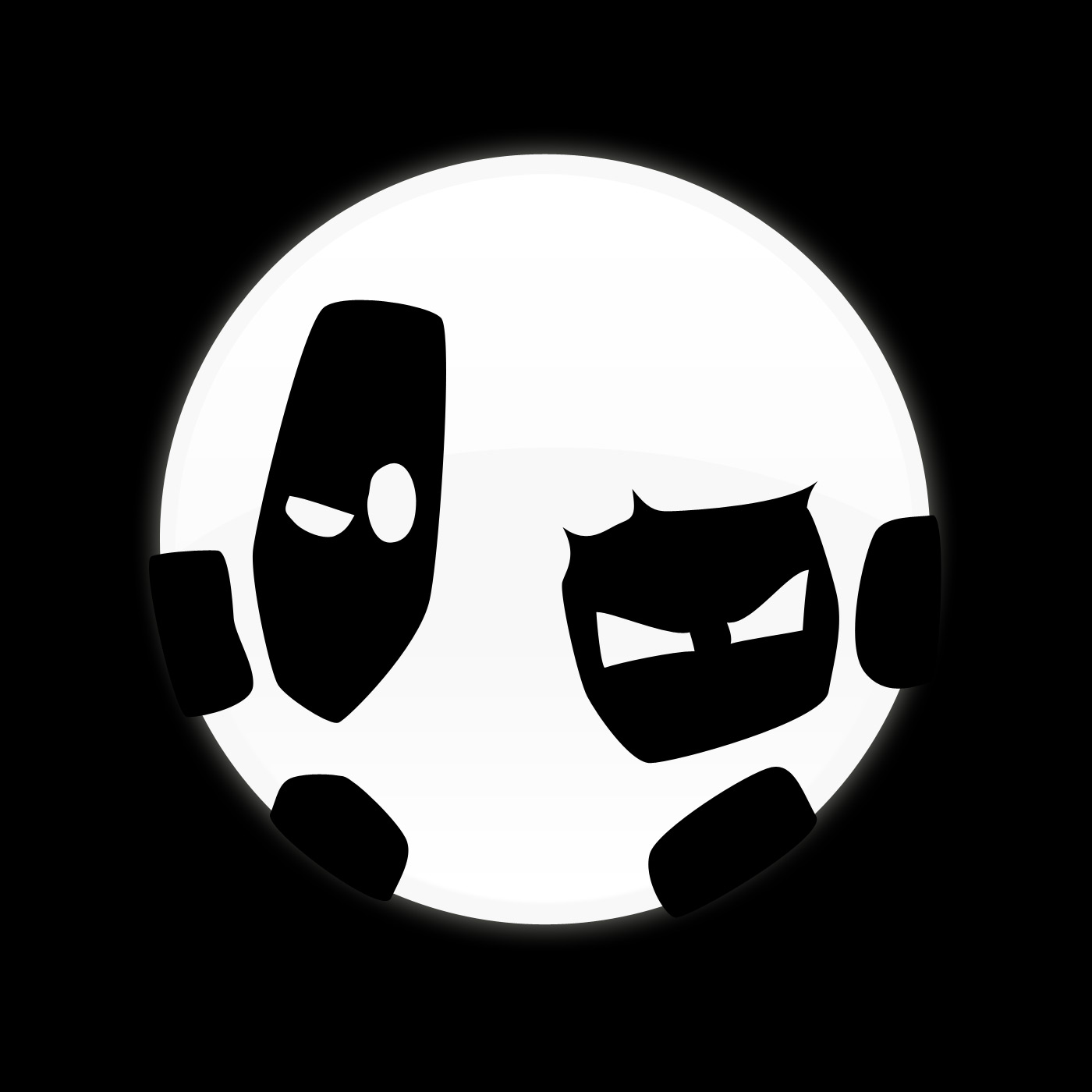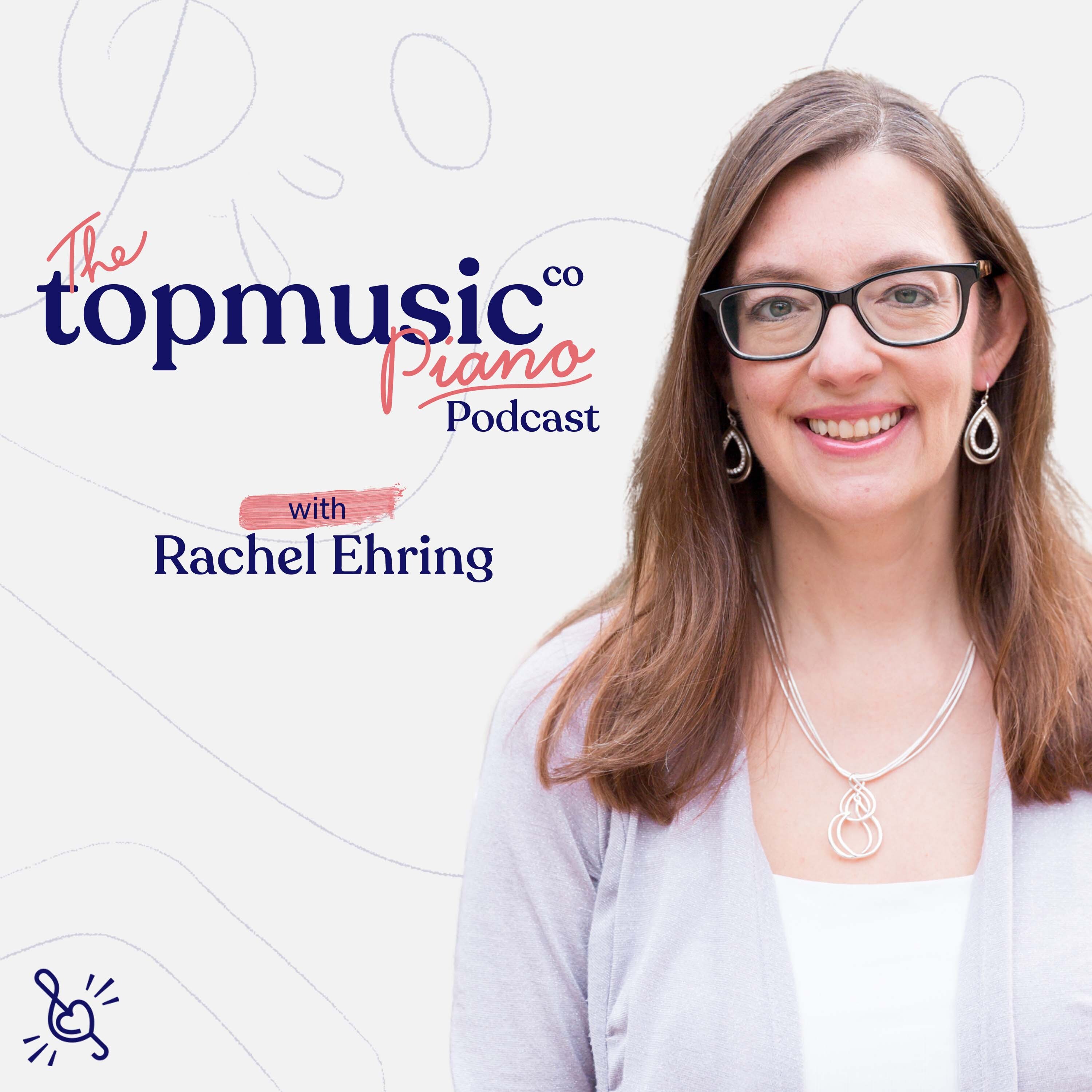
Piano, finally
Piano Finally is a podcast by an old bloke who is learning the piano, finally. I cover the process of learning the piano and music theory as an adult learner. I also review piano books, hardware and other materials from an adult learner's perspective.
Piano, finally
Episode 10 - Six Months Later
What does it feel like to truly connect with your instrument? Join me, David Reidy, on this tenth episode of "Piano Finally,".Reflecting on my six-month journey from my first Roland FP-30X to the impressive Kawai Novus hybrid, I delve into how YouTube has been an indispensable guide in making informed decisions and enhancing my learning experience.
As an older adult learning piano, I emphasize the joy in the journey over rushing to perform publicly. I share my progress on Samuel Arnold's Gigue, and introduce the new challenge of Nino Rota's "A Time For Us" from Romeo and Juliet. Whether you're a seasoned pianist or just starting your musical adventure, this episode is filled with insights, inspiration, and practical advice to enrich your practice. Don't forget to check the show notes for ways to contact me and subscribe to the podcast on your favorite platform!
You can contact me:
- via email at david@pianofinally.show; this is probably the best option
- the show website, www.pianofinally.show
- Instagram and Threads @pianofinally
- and on YouTube
- all the podcast directories - list
- here's the RSS feed
Some of the links to books and other items mentioned in the podcast are affiliate links for Amazon or other providers. If you use one of these links, a commission may be paid to me at no additional cost to you. Thank you if you use a link.
All reviews of products, websites and services are unpaid, and no sponsorship has been received for any content on this podcast.
G'day everyone. I'm David Redy, and welcome to Piano. inally, a podcast by an old bloke who's getting around to learning the piano. Finally, welcome to show number 10. Thank you for joining me. It's nice to get to double figures. We've still got a long way to go to get past my previous podcast, though. It got to episode 182. Got a long way to go to get past my previous podcast, though. It got to episode 182.
David Reidy:This week's big news is the repair of the Kawaii NV10. I was able to arrange with Stan, the technician, for him to visit on Thursday afternoon after work and, true to his word, he arrived right on time. I was interested to see the inside of the piano, as I had resisted the urge to take it apart myself, so I was able to watch Stan as he worked. Getting to the Kawhi's electronics is pretty simple. There's a wooden panel on the back that is held on with a few screws. I had positioned the piano facing away from the wall, so nothing needed to be moved to access the panel and there was plenty of room to work.
David Reidy:Stan had said he was pretty sure the problem would be the first of the power boards. He tested it and it was mostly showing the correct voltages, although not initially, without doing anything more than checking. The piano started working again. Just to be sure, stan replaced the resistor on the power board that often gives trouble with a higher wattage one. He reinstalled the board and everything was working.
David Reidy:We were both still puzzled by what had caused the problem, which had mysteriously disappeared. Being thorough, stan cycled the power a few times and just as he was about to put the cover back in place, the piano failed again. See, I wasn't imagining it. It was not obvious what was causing the problem. It wasn't the switch. All the voltages were correct and there was no fried electronic smell. Stan wasn't the switch. All the voltages were correct and there was no fried electronic smell. Stan cleaned all the connectors between the logic boards, recycled the system quite a few more times and all seemed to be working. With the back cover back in place, the piano could return to use. The piano is still working fine. In fact, I think it sounds a bit better on some of the settings. Also, I don't remember being able to feel vibrations through the floor before, but I certainly can now. Overall, I'm really pleased with the piano and the service I've received has been outstanding. Stan contacted me again the next day to make sure it was still going so far. It is In this week's show. I'm going to look back over the past six months of my piano learning. Reviews and YouTube suggestions will return next week. The end of July, marks six months since I brought my first piano home, so it's probably a good time to review what's happened over that time.
David Reidy:I've wanted to play the piano for a long time, and after last Christmas, I decided it was finally time. Before getting the piano, though, I needed to have somewhere to put it where it couldn't be ignored, so the first job was to rearrange some furniture and do a general tidy up. Youtube has been invaluable at all stages of buying things for my piano learning. There is so much high quality content available, and most of it seems to be out there because the creator felt the need to share rather than to get you to spend some money with them. I also watch a fair bit of model making content on YouTube, and the lack of commercialism in the piano channels is refreshing. Watching lots of advice channels and reviews meant that I knew what I was looking for when I drove past a piano shop in January, went in and ended up buying the Roland FP-30X that they had in a bundle. As I've mentioned before, that first keyboard was bought with the thought that if I didn't enjoy learning the piano, or if it turned out I just wasn't any good, I could pass it on to Nixon, halley and Ace. If I did enjoy it, I would pass it on at the end of the year and buy something a bit more substantial for myself. Well, as you know, it turned out that I do like learning and, though I wouldn't yet describe myself as very good, I'm making progress.
David Reidy:I went back to YouTube to look at instruments to upgrade to at the end of the year. I had decided to stay electronic, mostly because electronic instruments require much less maintenance and, realistically, I can't hear the difference between a really good simulation and the real thing. Various YouTubers mentioned the Kawaii Novus hybrid pianos and the fact that they have a full grand or upright piano action, so it feels the same as an acoustic piano. I decided that that was worth checking out. I found a Kawai dealer in Sydney with an NV10 on display and thought I'd look into it later in the year. A week or two later, though, I was driving on another errand and went past the shop with the piano. I might just pop in and see what it's like. I thought. Bear in mind I'd been playing for about two months at this stage, so I was not in a position to do anything spectacular on a piano. But the salesman gave me a proper demo and I got to get a feel for the keys. I left with something to think about and a week later the shop offered me a very good deal on the demonstration instrument, so I bought it.
David Reidy:Before I could take delivery of the NV-10, I needed to make a lot more space available. After all, it's a bigger instrument and would benefit from a larger space, so rearranging the lounge room was a solution. It also led to a bit of redecorating and getting a matching bookcase from Ikea for all the books and piano music that I'd already managed to collect. As far as pianos go, the Kawaii wasn't my last purchase. As you heard in the previous episode, the NV-10 stopped working, so I needed another instrument to fill in the time while it was being fixed. As I had been so pleased with my original Roland keyboard, I bought an FP-90X as the backup. It's a great keyboard too. I've put the new Roland where. I walk past it quite often, unless you think that it's not going to get a lot of use. Put your mind at ease. I've discovered something you can do with it. That's a lot of fun and even helps with practice. More on that in upcoming episodes.
David Reidy:Getting a piano is only the first part of a long journey. Learning is next. I've taught myself many things, so I thought I'd try learning using just books and online resources. I'm sure that learning this way is possible. There are adult method books with online teaching, online beginner music courses and lots of standalone YouTube videos. I gave these a try and I'll review many of them in upcoming episodes. But I found that I really needed someone to ask questions to, and learning alone makes that quite difficult.
David Reidy:I started looking locally for a piano teacher. Where I live, to the west of Sydney, there is quite a musical scene, with annual music festivals and quite a number of well-known musicians living in the area, so I thought finding a teacher would be relatively easy. It wasn't. Music up here is popular and all the teachers' bookings were taken. I put my name onto my first choice's waiting list and looked elsewhere. Between work and home, if I take a slight detour, is the Penrith Conservatorium of Music, which offers a wide range of music programs and individual instruction in many different instruments. Luckily, there was an opening with Finn Purcell, one of the piano teachers I booked in.
David Reidy:I was right Learning with a teacher suited my learning style much better than trying to do everything myself. Finn got me started with Dennis Agay's the Joy of First Year Piano learning simple pieces to get used to the keyboard and translating printed music into sounds. At the same time, I was using my physics and maths knowledge to get started to the keyboard and translating printed music into sounds. At the same time, I was using my physics and maths knowledge to get started on music theory and took the AMEB Level 1 and 2 theory exams. I passed both of those with scores of 100%. I also spoke with Finn about the next levels and while I think I can handle them, I don't think the run of 100%s will continue. Due to changes to my weekly schedule, I'm not able to get to lessons at the conservatorium after work on Mondays anymore, so I've had to stop the lessons there. Fortunately, the music teacher whose waiting list I was on had a spot open up, so I've been learning with her for a couple of months. Lessons each week are 45 minutes long and I think I'm making progress, as perhaps you have been able to hear.
David Reidy:So what have I learned in the past six months? In the beginning I knew the layout of the piano keyboard. I could name all the notes and read music on a treble staff. I knew about chords from playing the guitar all those years ago, but not much more From reading Gödel, escher, bach and doing maths and physics. I knew the theory behind equal temperament tuning, but I had no idea how you turn the numbers into something that sounds pleasant For technique. I could play a C major scale using the wrong fingers and follow along a simple melody on the treble staff if it was mainly steps and skips, and in C major.
David Reidy:After six months I can play a C major scale with both hands over two or more octaves ascending and descending. I'm using this as a milestone because just recently I found I can do it almost automatically unless I start thinking about what I'm doing. Then it falls apart. I can play the first dozen or so pieces from the Joy of First Year Piano at the correct tempo and the Samuel Arnard Gig, though not at speed, and I'm working on dynamics. I'm happy with where I've got to.
David Reidy:There is still a very long way to go before I can confidently play musically in public, but I can see that there is a way to get there. I don't need to get there super fast. Enjoying the journey is more important and so far it's been really enjoyable. If another older adult asked me if they should give learning a musical instrument a go, I'd recommend it without hesitation. Well, that's it for this week. If you'd like to contact me, email is the best way. You'll find me at david at pianofinelyshow and the website at wwwpianofinelyshow. In both cases, pianof Finally is all one word. The show is also on Facebook, instagram and Threads. You can subscribe via any popular iOS or Android podcast application or from directories such as Apple Podcasts, spotify or YouTube Podcasts. The show notes for this episode are on the website and include a text me link which will let you send me a message. So until the next episode, I hope your piano stays in tune and you enjoy your time at the Keys.
David Reidy:I'm still working on the Samuel Arnold Gigue, with piano lessons starting again. This past week I was able to show my piano teacher how I've been progressing From memory. I can now play the entire piece at regular pace, though still slow. My teacher has suggested that I now work on getting the dynamics working properly before starting to increase speed to what is indicated. I'm at about half tempo now, so piano, forte, mezzo-forte and a crescendo are coming up. I won't put jig in this week's show you've heard it enough but I'll put it back in when it's performance ready this week. Instead, I'll play the first bits of the new piece I've chosen.
David Reidy:I think this is a bit more challenging. It's more than twice as long, but I showed it to my piano teacher and she thinks it's possible. We spent a good deal of the last lesson working on the fingering for the first half of the piece. The piece is an arrangement of Nico Rota's A Time For Us, which is the love theme from Franco Zeffirelli's movie Romeo and Juliet. I've liked the piece since I first heard it in the movie sometime in the 1970s and stumbled upon it while I was looking through Sheet Music Plus. I'm currently working on the beginning of the piece, learning the notes for each hand. They're not working together yet, but I can play them at a constant tempo, mainly because it's a slow piece. So here's the first installment of me learning to play one of my favourite movie themes. Thank you.



